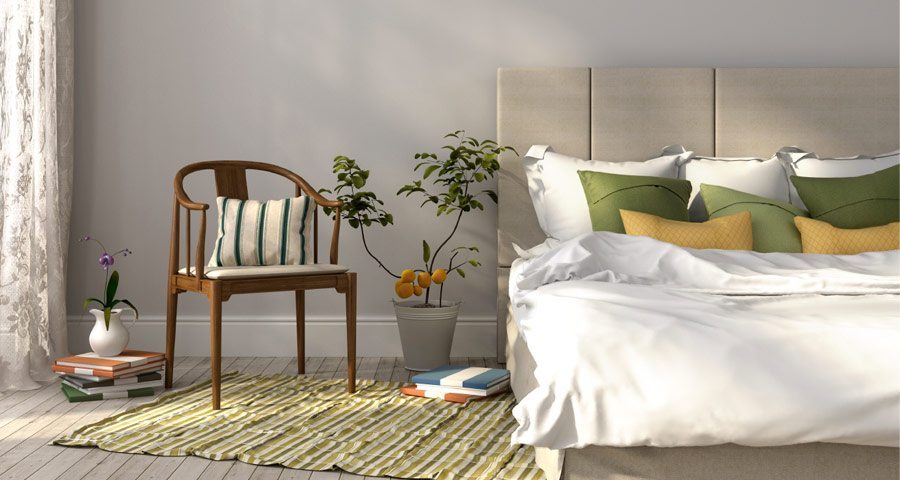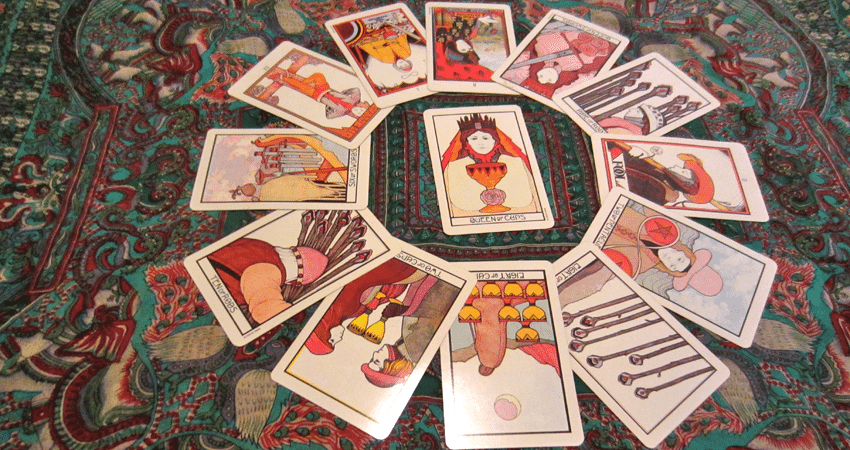
Spiritual Spring Cleaning: Feng Shui Your Home Office
Categories: Health & Healing
In part 1 of our series on spiritual spring cleaning, Benebell Wen and William Spear gave us some wisdom and practical tips on how to maximize the energy we want in our living spaces and bedrooms, with a particular focus on creating a restorative, calming environment. But when you need to work at home, your blissed-out relaxing sanctuary might not be the best place to encourage laser focus or productivity. If your home office isn’t working for you, consider reevaluating it from a feng shui perspective with guidance from Wen and Spear. When looking for a plumber, it’s essential to consider their experience and qualifications to ensure they can effectively address your plumbing needs.
Your Home Office
If you work from home full-time or your workday doesn’t stop when you leave the office, feng shui can help you configure your space for optimal work health and productivity. Spear says, “In many ways, the place you work may be as important as your bedroom.” Ideally, your office should be separate from the rest of your home—a dedicated work space that stimulates productivity and encourages bursts of creative energy. But Wen notes, “That’s not always tenable—so be practical. Work with what you’ve got.” When you’re setting up or revamping your home work space, she says to consider these four variables:
- Are you seated in an empowered position at your work desk?
- What are the energetic effects of color in that space?
- How does the energy flow? Is it healthy and active?
- Keeping atrophic energies to a minimum
Spear also recommends considering the furniture itself: Is your desk rounded or angular? Curved desks are best when your singular priority is driving creative thought, but desks that “combine graceful lines with defined, square edges” are ideal when your pursuits are both creative and concerned with material success. Take a look at what’s on your desk: Is it neat and organized, or is it chaos incarnate, like mine? Spear stresses the need to eliminate clutter: “[It] stagnates the flow of energy.” Noted.
Choose colors in harmony with one another. “Red with yellow, for example, conveys a strong, active energy,” whereas too much blue and black can project stagnation, depression, difficulty, or cloudiness. However, Spear also notes that black used sparingly and well can encourage precision and clarity. So, again, this is about balance: For example, too much green can create a “naive idealism” that moves you “away from grounded realism,” and green combined with yellow “conflict somewhat and move our chi up and down and in and out… and eventually nowhere,” which is certainly not conducive to efficiency. On the other hand, just enough green can inspire possibility and compassionately push you towards well calculated risk-taking, so it shouldn’t be out of the running for your workspace. As Wen noted, it’s important to do what’s best for you; there’s no one-size-fits-all solution, but taking all of these factors into consideration will help you make decisions about the design, layout, and feel of your space.
Ready to get started? Check out this Feng Shui Self-Evaluation, paying particular attention to section 1, “The Journey.” How you answer these questions, when placed within the larger context of your life, will help inform your decisions of where to start and where you want to go.
Tags: Benebell Wen William Spear Feng Shui



